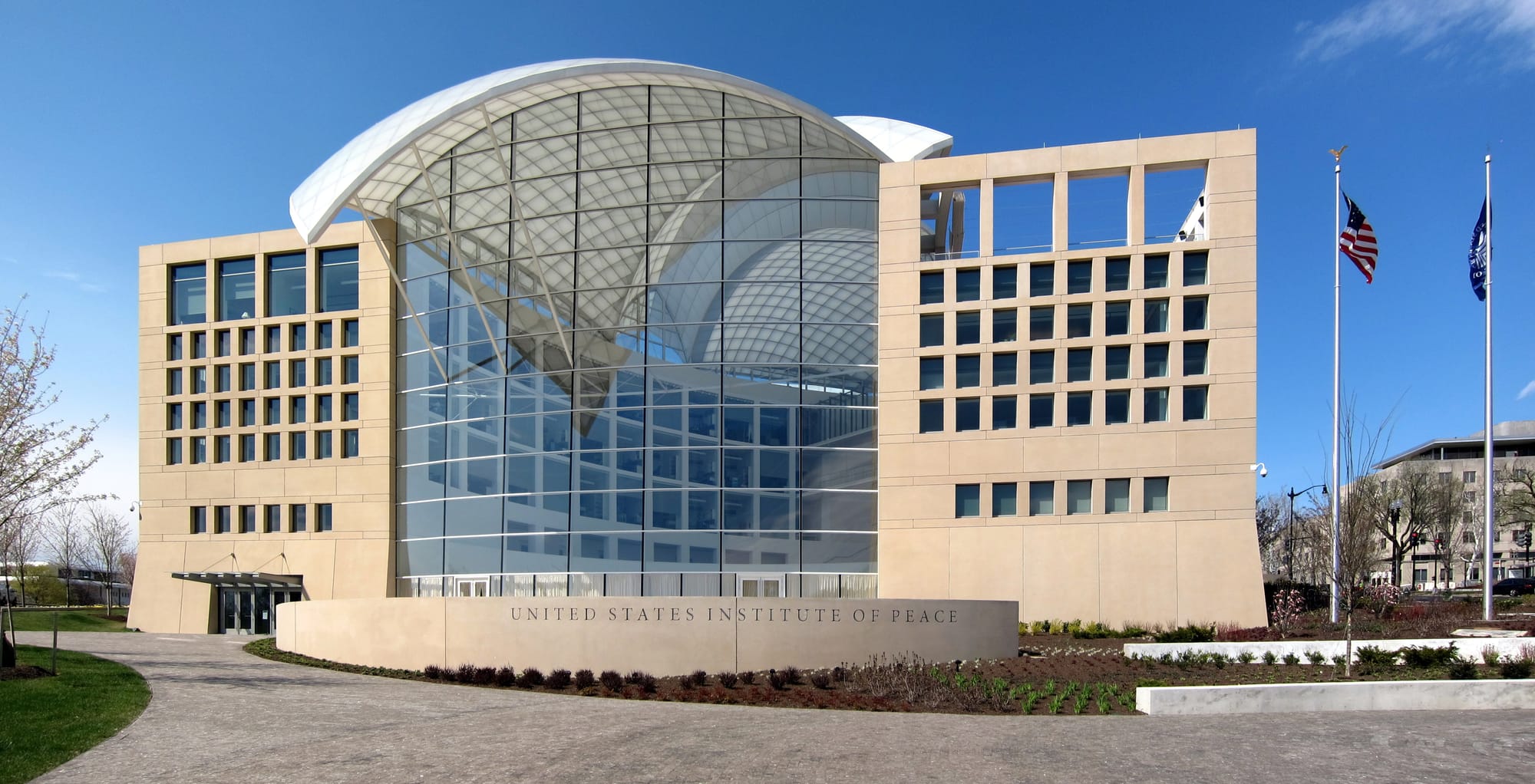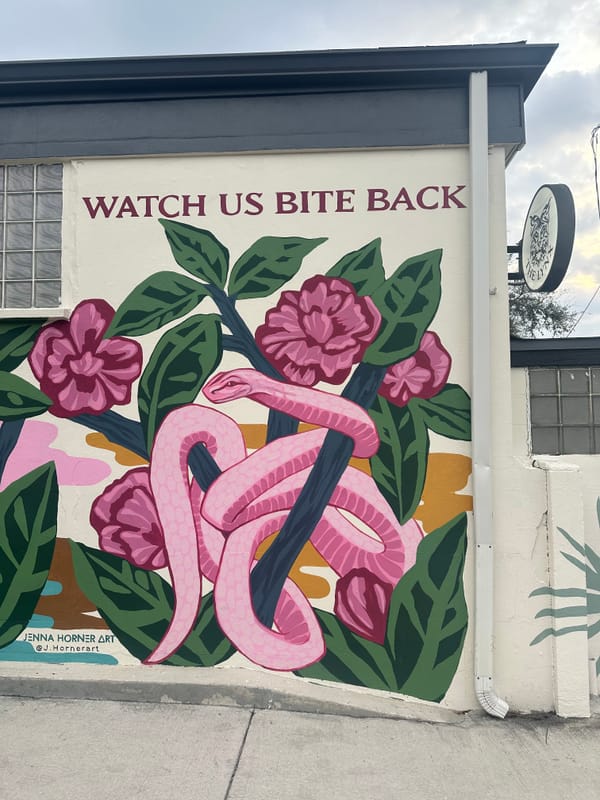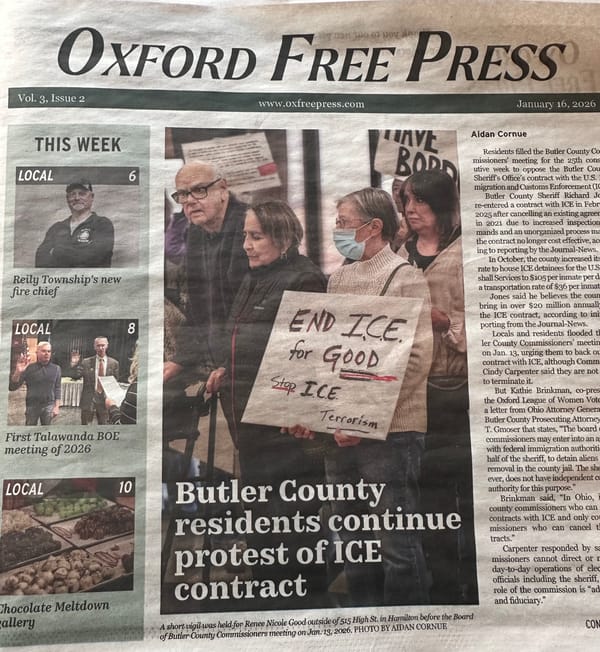USIP and Presidential Accountability
The situation has become symbolic of a larger issue - is the President above the rule of law?

Many of you know that I served for a year as a fellow at the United States Institute of Peace, a think-tank in Washington established by Congress forty years ago. It is odd to see it become the center of a major legal dispute, especially given the organization's independent status; it is not a part of the executive branch. Nevertheless, the think tank came under attack recently when DOGE took control by illegal means - firing board members without cause, using a physical key obtained from a fired security firm to access the building, and in the latest news, flying in a former IT staffer to overcome the organization's cybersecurity measures. DOGE seems to think its actions are legal based on the claim that the President's powers are unlimited, and can extend even to organizations over which he has no legal authority. The situation has thus become symbolic of a larger issue - is the President above the rule of law? If so, then we no longer live in a democracy.
In a democracy, no citizen is above the rule of law. I recently cited a 1991 article by scholars Schmitter and Karl, because it defines what components are necessary for a democracy and I will quote a relevant section of it here:
"The defining components of democracy are necessarily abstract, and may give rise to a considerable variety of institutions and subtypes of democracy. For democracy to thrive, however, specific procedural norms must be followed and civic rights must be respected. Any polity that fails to impose such restrictions upon itself, that fails to follow the “rule of law” with regard to its own procedures, should not be considered democratic. These procedures alone do not define democracy, but their presence is indispensable to its persistence. In essence, they are necessary but not sufficient conditions for its existence" (emphasis added).
In other words, rule of law alone is not the only characteristic needed to classify a country as a democracy, but it is necessary. That is, you don't have a democracy if you don't have rule of law.
They continue, "What distinguishes democratic rulers from non- democratic ones are the norms that condition how the former come to power and the practices that hold them accountable for their actions." In other words, rulers that are not held accountable are not democracies. They are something else.
I don't know the legal argument being made by the Trump team, but I would guess they claim that elections are the only mechanism by which a President can be held accountable, an absurd claim that ignores more than a century of precedent that say otherwise. But the immunity decision (recently discussed on NPR's Consider This) last year by the Supreme Court certainly encouraged this type of thinking. Nevertheless it is worth noting that the decision is limited to the executive branch. It does not give the President authority over everything established by Congress.
The forcible closure of USIP by the President's men (or should we say tech bros?) is qualitatively different than its closure of other executive branch agencies. If it is allowed to stand, then it signals to the president that he is not bound by the law, an institution for which he has already shown gross disregard.
I personally think the real reason that DOGE has taken over USIP is for its spectacular building, on the National Mall and located across the street from the State Department. The building, owned by USIP, was paid for by private donors (not US taxpayers) and was recently expanded in a massive renovation.The irony is that the building was built to illustrate the values for which it stands - transparency, peace, and rule of law. From inside the atriums you can look in to the office of every staffer. It encourages the sense that all are equal on the path of peace building. Meanwhile, the soaring atriums encourage you to consider higher values. Olive trees dot the open space.
Will our courts allow an agency that acts with impunity to occupy the building of an independent, peace-building think tank? Will the least transparent government initiative in history occupy a building built to symbolize transparency?
In my humble opinion the president IS bound by the rule of law, and the takeover of USIP and its building are illegal. But that would only be true if we lived in a democracy.
UPDATE: I found this website from the architects who designed USIP's building with truly extraordinary pictures of the inside of the building if you are curious.

